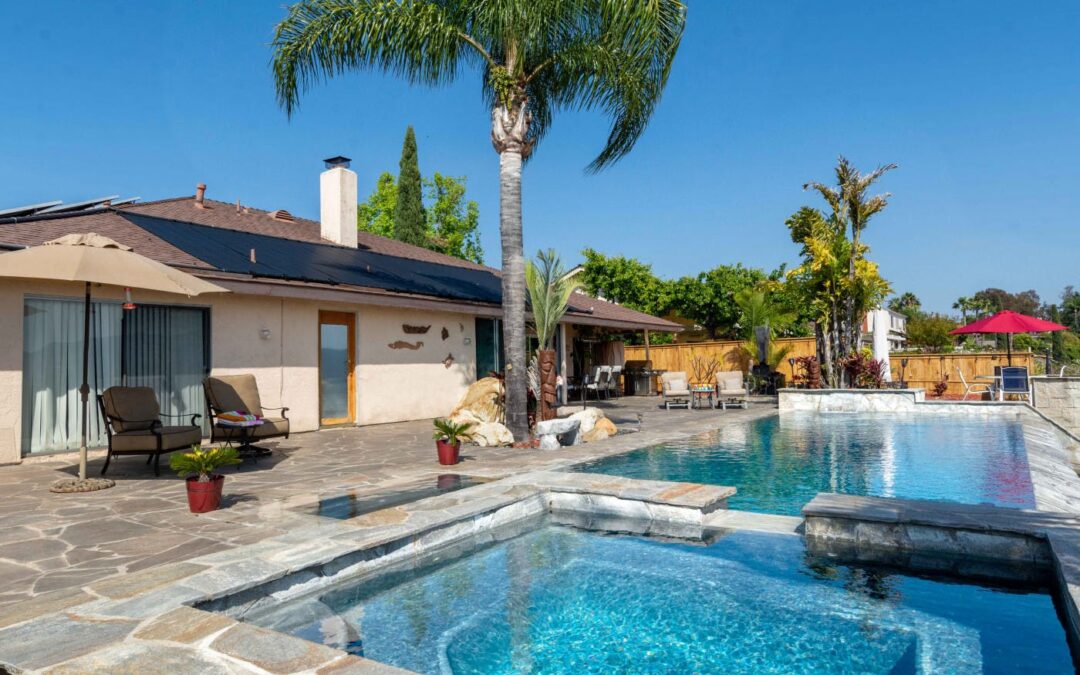Operating a pool pump efficiently is essential not only for maintaining crystal-clear water but also for minimizing energy consumption. The question of how long should I run my pool pump each day often puzzles many pool owners. Understanding the proper pump operation can significantly impact water quality and utility bills. In this guide, well dive into the ideal pump run times and uncover the factors influencing this decision.
For every pool owner, knowing how long should I run my pool pump each day is crucial to ensuring a healthy swimming environment. This balance of performance and efficiency is key to maintaining both a sustainable and enjoyable pool ownership experience.

Understanding Pool Pump Functions
The main job of a pool pump is to circulate water through a filtration system. This essential task helps in removing contaminants, ensuring even distribution of chemicals, and preventing stagnation. But, running the pump for too long can lead to unnecessary energy costs, while running it too short might fail to maintain proper water quality.
Factors Influencing Pump Run Time
Several factors directly affect how long you should run your pump:
- Pool Size: Larger pools generally require longer pump run times to circulate all the water effectively.
- Pipe Size and Configuration: The plumbing setup can influence the pumps efficiency.
- Climate: Warm climates may necessitate longer pump operation to combat algae growth.
- Usage Patterns: Frequency of pool usage can dictate the need for more frequent circulation.
Calculating the Ideal Run Time
Typically, a pool pump needs to circulate all of the pool’s water at least once per day, which is termed as turnover rate. This can help you calculate the ideal running hours.
For example, if a pool requires eight hours for a complete turnover, running the pump split across early morning and late afternoon can prevent peak energy costs. Optimizing energy usage in this manner can also have financial benefits down the line.
Energy Efficiency and Cost Considerations
Modern technology offers energy-efficient variable-speed pumps to help manage energy consumption better. While initial costs might be higher, long-term savings on electricity bills make them a worthy consideration. New sensor technologies are offering breakthroughs in this arena, providing advanced solutions for monitoring and maintenance.
Seasonal Adjustments
Pool maintenance needs vary with seasons. During sweltering summer months, increased running time can help prevent algae blooms. Conversely, cooler months might require reduced pump run times.
Maintenance Tips for Optimal Performance
Regular maintenance checks can prevent wear and tear on your pump:
- Clean the filter frequently to reduce workload on the pump.
- Check for leaks and repair them to prevent inefficiencies.
- Lubricate moving parts to maintain mechanical integrity.
For more innovative insights on pool maintenance, explore how advancements in sensor technology can transform your approach with high sensitivity sensors.
Consulting a Professional
When in doubt, consulting a pool maintenance professional can lead to customized solutions tailored to your specific pool configuration. They can assist in optimizing both chemical balance and mechanical operations for sustained pool health.
Common Mistakes to Avoid
Many pool owners inadvertently overwork their pumps by:
- Running pumps non-stop, leading to excessive energy bills.
- Ignoring seasonal changes in pump operation requirements.
- Neglecting routine maintenance, resulting in costly repairs over time.
Avoid these pitfalls and secure a favorable pool owning experience with insights from innovative algorithms.

Conclusion
Determining how long should I run my pool pump each day involves balancing practical considerations with energy efficiency. By understanding your pool’s specific needs and consulting professionals when necessary, pool owners can achieve perfect water quality and efficient pump operation. Investing in intelligent pool technology and regular maintenance paves the way for a sparkling and economically savvy pool.
Frequently Asked Questions (FAQs)
Q1: Can reducing pump run time affect water quality?
A: Yes, inadequate circulation can lead to poor water quality and increase the risk of algae growth.
Q2: Is a variable-speed pump better for energy savings?
A: Absolutely, variable-speed pumps precisely control energy use and usually offer notable savings over time.
Q3: How often should I perform pump maintenance?
A: Regular checks, especially seasonally, can sustain pump efficiency and extend its lifespan.
This article contains affiliate links. We may earn a commission at no extra cost to you.

